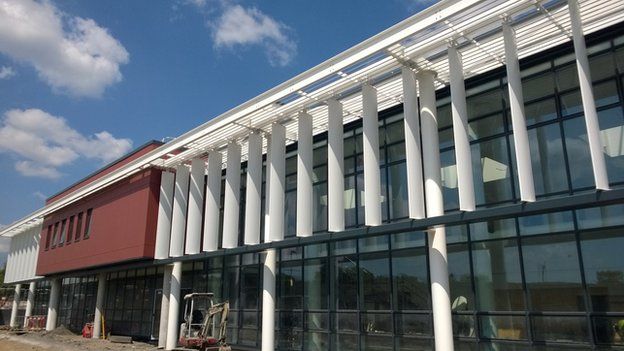499 - Learning from lockdown: An audit of the appropriateness of contacts/referrals made to Paediatric Dentistry during lockdown
AL Bradley
Presented by: Alice Bradley
Cardiff Dental Hospital
Introduction: With a significant reduction in the provision of dentistry in primary care in response to the COVID-19 pandemic, urgent dental care centres (UDCCs) were created in order to treat those in need of emergency dental care. The University Dental Hospital (UDH), Cardiff provided the majority of urgent care for patients within Cardiff & Vale in the early stages of the pandemic. Aims: Assess the efficiency and functionality of the Paediatric Casualty Clinic at UDH, and to ensure that patients are accessing emergency dental care through the correct pathways. Methods: Triage forms completed by the Paediatric department between 24th March–31st July 2020 were analysed retrospectively. A comprehensive spreadsheet was generated including all information gathered from each triage call. There were three possible outcomes: referral back to GDP, advice, or a face-to-face consultation. Results: 236 phone calls were triaged by the department. 43 patients were under active treatment when lockdown was introduced, 14 were repeat callers; the remaining 179 patients had had no contact with UDH. Of the contacts to the department, 71 were registered with, and had attempted to contact their own GDP, 63 had not contacted their GDP, 12 were registered with the CDS, 67 patients had no GDP, and there was no information for the remaining 23 patients. 27 patients were advised to contact their GDP, 124 were given telephone advice, and 78 met the criteria, or were deemed urgent enough, to require a face-to-face emergency appointment. Conclusion: The Paediatric Dentistry Department effectively managed urgent and emergency dental care for children during the early stages of COVID-19. A telephone triage service was, and continues to be, essential to ensure that patients access care from the appropriate provider so that the needs of all children can be met. Data from this audit can be utilised to improve the provision of the Paediatric Casualty Clinic as well as aid future planning.
Consent Statement: There are no details on individual patients reported within the abstract.
Poster








